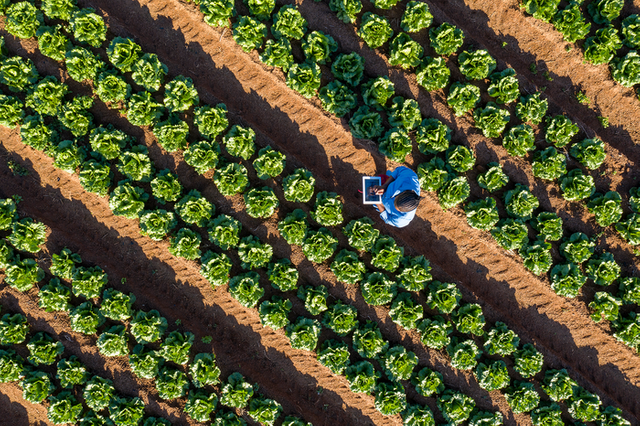Explore the groundbreaking sustainable supply chain revolution that is shaping the future of businesses.
Global supply chains are complex, multi-layered, and challenging to comprehend and manage. However, effective strategies for making them sustainable, resilient, and profitable are starting to emerge.

The clean energy transition relies heavily on copper, cobalt, and lithium. However, more than 70% of these resources are at serious risk due to climate disruption, according to recent research by PwC, a global professional services company. The same is true for 90% of the world's rice production.
This underscores the importance for global companies to incorporate climate and nature considerations into their supply chain strategies. Taking action on climate change is becoming essential for future resilience and growth.
Unsustainable practices, climate disruption, and the breakdown of ecosystem services pose significant risks to the operations, reputations, and profitability of businesses. Governments are imposing stricter regulations covering environmental and social factors, and investors and customers are becoming more demanding.
Companies that proactively enhance the sustainability and resilience of their supply chains can benefit by accessing new markets for sustainably-sourced products and by meeting the expectations of environmentally-conscious customers.
However, achieving sustainability in modern supply chains is challenging due to their complexity and length. For instance, products like laptops and smartphones are composed of multiple components from suppliers with their own complex supply chains and sourced from mines around the world. Ensuring sustainability requires oversight of the entire supply chain.
Many companies are seeking to improve supply chain sustainability in response to new regulations and physical environmental challenges. The EU's regulations, such as the Carbon Border Adjustment Mechanism and the Regulation on Deforestation-Free Products, are compelling companies to address the carbon intensity and traceability of their imports.
In addition to environmental concerns, companies are facing mounting pressure to address the human rights impacts of their global supply chains. PwC collaborates with companies to identify modern slavery risks and establish effective human rights-related governance and due diligence processes.
Many companies do not have enough data on their immediate suppliers to meet incoming regulations, and addressing lower tiers in the supply chain poses an even greater challenge.
In light of dependencies on nature, many organizations and big food brands are transitioning the agricultural parts of their supply chains towards regenerative practices to mitigate the threats posed by ecosystem disruptions.
Overall, addressing sustainability in supply chains encompasses not only environmental considerations but also human rights impacts, making it a multifaceted challenge for companies to navigate.
Thank you, friend!


I'm @steem.history, who is steem witness.
Thank you for witnessvoting for me.
please click it!
(Go to https://steemit.com/~witnesses and type fbslo at the bottom of the page)
The weight is reduced because of the lack of Voting Power. If you vote for me as a witness, you can get my little vote.